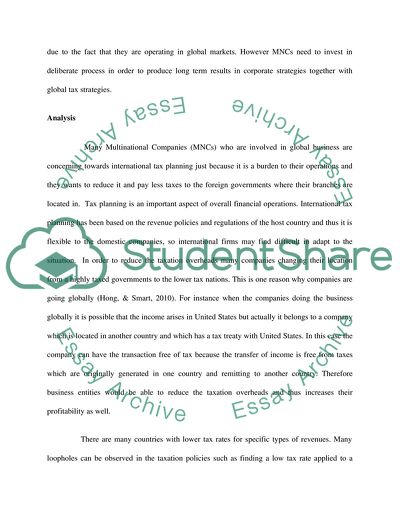Cite this document
(“International Taxation and Multi National Companies Research Paper”, n.d.)
International Taxation and Multi National Companies Research Paper. Retrieved from https://studentshare.org/macro-microeconomics/1738266-international-tax-planning-and-research
International Taxation and Multi National Companies Research Paper. Retrieved from https://studentshare.org/macro-microeconomics/1738266-international-tax-planning-and-research
(International Taxation and Multi National Companies Research Paper)
International Taxation and Multi National Companies Research Paper. https://studentshare.org/macro-microeconomics/1738266-international-tax-planning-and-research.
International Taxation and Multi National Companies Research Paper. https://studentshare.org/macro-microeconomics/1738266-international-tax-planning-and-research.
“International Taxation and Multi National Companies Research Paper”, n.d. https://studentshare.org/macro-microeconomics/1738266-international-tax-planning-and-research.


